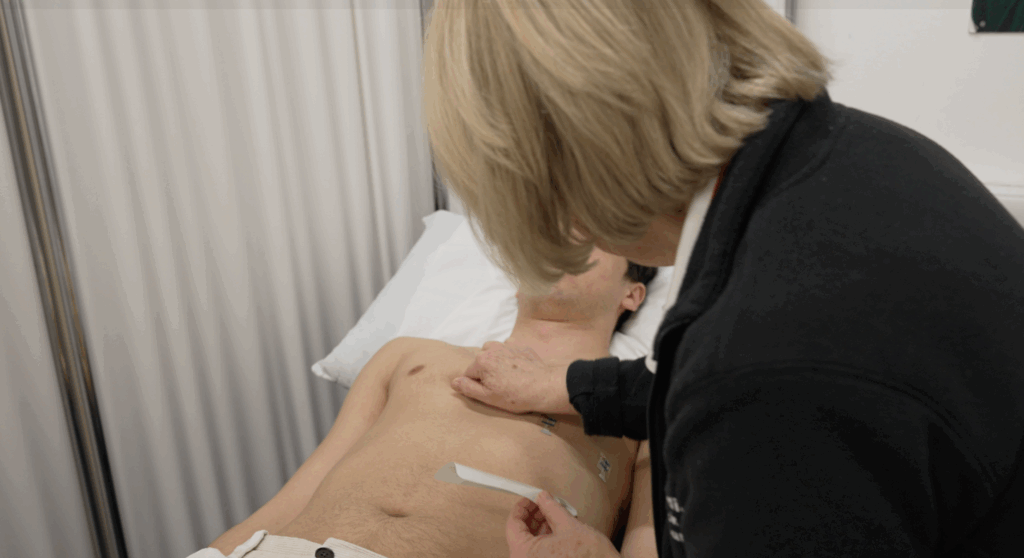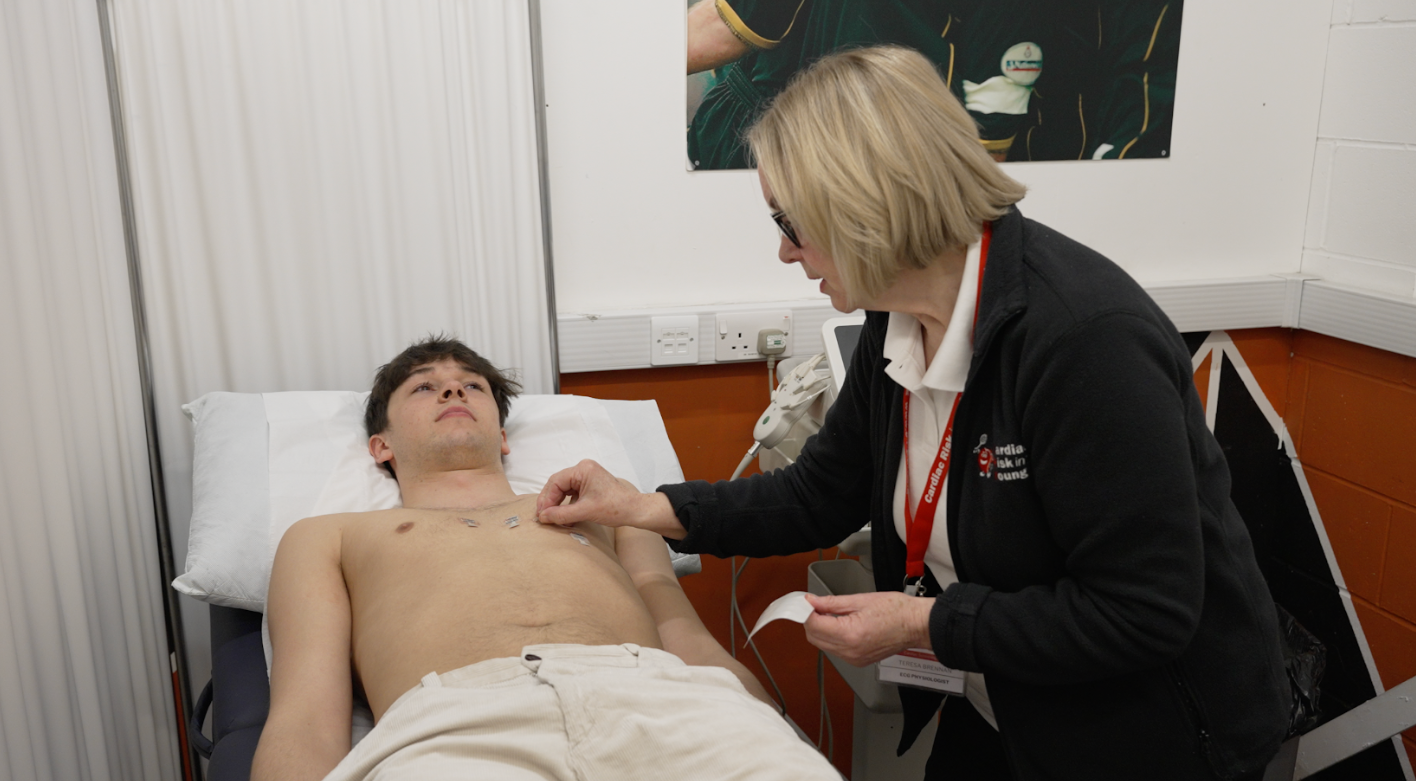A national charity executive has declared his “absolute frustration” because a government advisory body refuses to support compulsory screening for a leading cause of death in young sports players.
Sudden Cardiac Death is the prime cause of fatalities among athletes in the UK, with one in 50,000 young athletes dying of SCD each year.
Despite the emotional weight of sudden deaths in young athletes, doctors and policymakers disagree on whether mandatory heart screenings should be adopted for them in the UK.
Dr Steven Cox, CEO of Cardiac Risk in the Young, said his charity has been campaigning against the National Screening Committee, which is responsible for advising the government and whose stance is that electrocardiogram screenings should not be universally enforced for elite youngsters.
He said: “There have been many challenges when the NSC has done their consultation process, in essence, they don’t believe the ECG is a powerful tool, and say that screening does more harm than good because of false positives.”
He said that while around four per-cent of the 30,000 14-35 year olds screened by CRY each year are referred for further tests, most are given the all-clear. However, he emphasised that these follow-ups are necessary to monitor ECG abnormalities and should not be dismissed as false positives.
A spokesperson for the The National Screening Committee said: “Screening policy must always be based on scientific evidence, which suggests that current tests are not accurate enough to use on young people without symptoms.
“The current focus is to rapidly identify and care for high-risk individuals, however, we will keep this under review based on advice from independent experts.”
In Italy, athletes must undergo annual pre-participation evaluations, including ECG screenings to identify cardiovascular diseases that pose a risk of sudden death during sport.
Since the introduction of this screening model in 1982, Italy has seen a fall in the incidence of sudden cardiac death in sport by 89%, according to JAMA.
Dr William Parker, a NIHR clinical lecturer in cardiology, said athletes are disproportionately affected by sudden cardiac death because repeated extreme exercise can exacerbate conditions that lead to cardiac arrest.
He said: “The high stress setting of a football match or a marathon can lead to heart problems that cause cardiac arrest.
“Repeated exercise leads to thickening of the heart muscle, which, in itself is not a harmful phenomenon, but if you’ve got a condition that leads to thickening of the heart in the first place, then exercise can worsen it.”

Dr Parker says the debate over whether to introduce mandatory ECGs for young athletes in the UK centres not on the benefits of screening, but on the limitations and potential drawbacks of current testing methods.
He said: “The question is, what test do you use? We could detect a number of things using clinically available tests, including heart tracings and ECGs which are good at detecting some features of conditions that can lead to cardiac arrest in young people, but they’re not particularly specific all the time.
“You also often get a lot of people who have some abnormalities on those tests, who will not turn out to have a condition.”
Cardiologist Dr Tim Chico, of the University of Sheffield, said ECGs can often pick up false positives and minor abnormalities that do not need monitoring, but still takes up vital NHS time.
He said: “After people have an ECG that picks up a minor abnormality, they are referred to their GP and later referred to me.
“This process takes months and people spend this time terrified, avoiding things that are good for their health, like sports, when in the end it turns out you aren’t at high risk of sudden cardiac death.”




